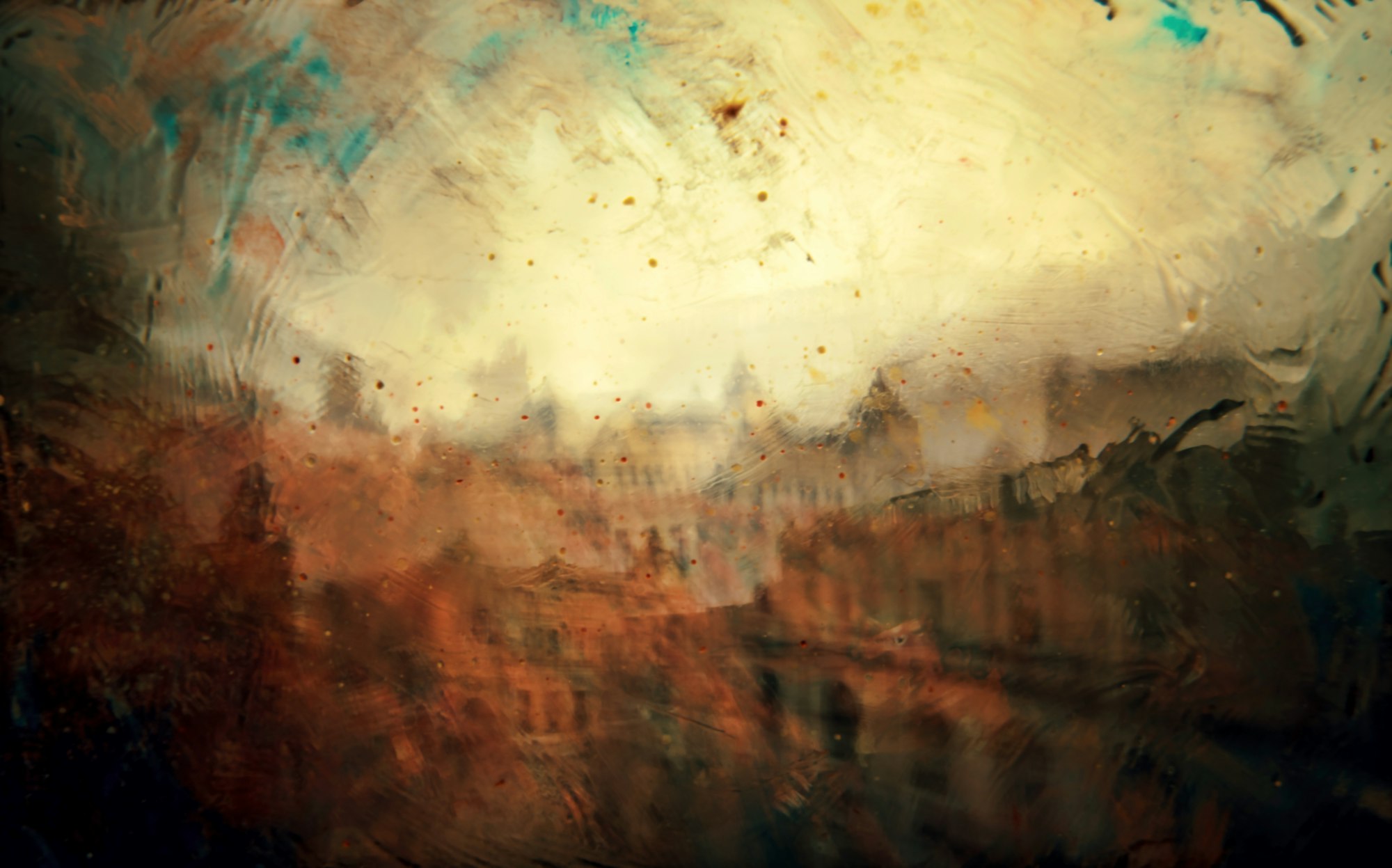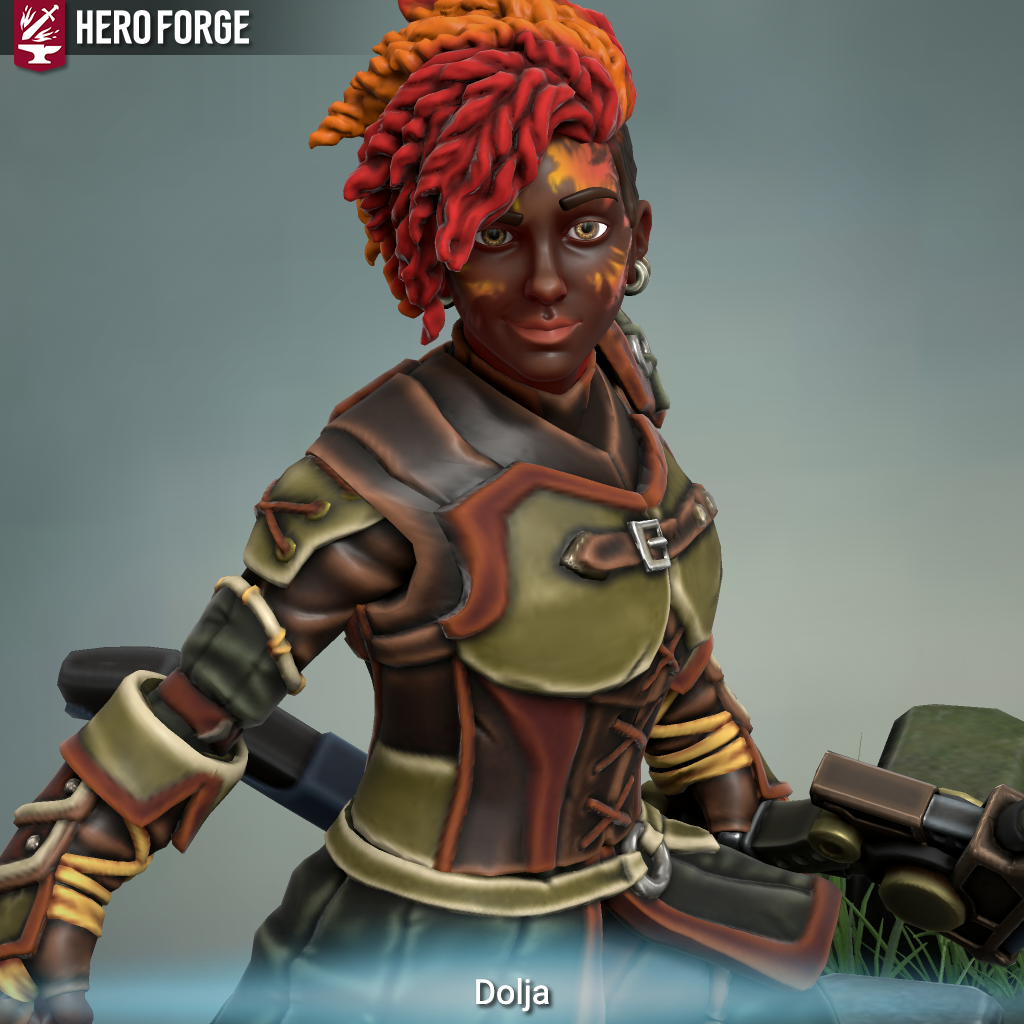TTRPGs in Amnar: An interview with SDM Dolja on the importance of storytelling.

Last Monday, we talked about growing up in Amnar. I mentioned that one of the biggest and most important activities is the Bala–Dura. We'll discuss the Bala portion later, but today, we're going to talk to Dolja about the Dura, what it is, and the way this kind of roleplaying game fits into Amnari society.
Yes, we have an interview with Dolja (who I mentioned a couple of weeks ago) for Amnar Lore 24.
Dolja trained as a Dragonmaster–Warrior Class, and spent much of xir early career working the line at the active Gaps in Nas Trinitar, Rad Ruinn, and Am Rune. Given that wealth of experience, xe was eventually selected to become a Senior to the Guardian Defender xemself.

This is quite a technical role. Dolja acts as a kind of go-between and gofer for the Guardian Defender and the general dragon–human community.
Could you introduce yourself a little before we start?
Ha! I thought you were doing this bit.
I'm Dolja, and I'm the Senior Dragonmaster to the Guardian Defender. You're gonna ask me what that means now—I'm basically assigned to work directly with the Guardian Defender and the Guardian Dragonmaster so we have enough dragon defence for each of the Gaps.
There's more to it than that, but that's mostly it. A lot of back and forth with a lot of dragonmasters. They get to whinge to me when they've got too many shifts, that sort of thing.
What is the Dura?
'Dura' means game, really, a specific kind of coop game we play together. Storytelling was always a big part of our history, entertainment, that kind of thing, so it's how we run through the story of how Amnar got set up, so we understand it better.
So you've got a dura, where we get together and play characters and tell stories as a game. Then there's the Dura, which is like the ultimate roleplaying game. We all play a character we've researched and designed from the time around the Gap War and the Rending of the World, and investigate some aspect of that period and what happened.
What was your Dura like?
Sacred Isha. Um. Hard? It takes two years. That's a lot of investment, on top of training and studying. I was out between Nas Isca and Amin Duum, which is ice/snow half the year then a desert the other half. We worked as a Cell together, with another, so that's ten people to break things up.
There's a lot of arguing over the best thing to do, coming up with plans. We spent most of the time trying to figure out who the traitor was. And what to do about them when we found them. That was kind of fun, when it came down to it.
Traitor? What's that?
So not all duras do this, but the Dura does. See, the basic history is that although Amnar is made up of the Five Nations who came to help Isha during the Rending, there were originally seven. Two leaders defected, so Isha ended up with five. So part of the Dura is identifying the people who go into the pay of the Five Empires.
Isha let them go, but you're free in the Dura to do other things. But it helps to reason out what choices you make and why.
Why do they do that?
It's kind of fun, playing in a game where you know there are people who might let you down, and how you handle that when it happens. But it's mostly to make us aware of how complicated it was. I wasn't a traitor, but you do have to research that, understand what makes people make those kind of decisions, you know?
It's specific to the Dura, but we have other games with the same kind of structure. Trying to figure out who the spy is, that sort of thing. We spend hours sitting round doing these games, these adventures, answering and asking questions from everyone and trying to figure out who's who, what's going on. It's language games, conversation games.
In the Dura, it's all about learning to understand how other people think—getting to understand their side of the argument. If you can play a traitor really well, that's a hell of a lot of fun.
What about other duradan? Do you play them a lot?
Yeah, duradan are very popular. You can play straight one-on-one strategy games, but that's not... not an Amnari thing. That's just two people—what's everyone else doing? Just watching?
Playing and telling stories is more interesting. Sometimes you have these games with a traitor, or a rebel, or a spy, but most of them are stories where we're in our Cells and figuring out how to solve a problem.
Are these only Amnari stories, or do they come from elsewhere?
Come on, just telling stories in Amnar would be boring. Fair enough, we've got eight exclusion zones to deal with, but a lot of duradan are based outside. It's the best way to prep for doing the Bala bit. You've got to go out into the wilderness and survive in your Cell for a month. Best way to train as a group is to work together doing different adventures and stories.
You work with a dragonlord most of the time. Are dragons involved in duradan?
This is a tradition we got from them, I reckon. Not all of it, but it's made it central. They don't have a written history, but they have to tell each other where they came from, so they tell each other stories all the time. Can take hours meeting with dragons. They've got all the time in the world to sit around doing that, and they can project their visual thoughts more easily than kata allows us.
So we do some storytelling with dragons, dragonlords. If you're in a Cell and you're training as a dragonrider, you've got an extra player on your side.
Do you play separately, or as a team? How does that work?
Dragons are always their own selves. Doubt Dorgy would ever just take my judgement on anything in a game. If I'm playing with him, I've got to figure out how we're playing first. Are we working symbiotically, or two separate people.
So you operate as a kind of Cell of two?
In work, yep. But you're not playing duradan when you're working—or not usually. So we've got to figure out special rules for when we're in a dura.
We have to have a whole other conversation about how your relationship with a dragonlord works.
Yeah, maybe save that for next time.
